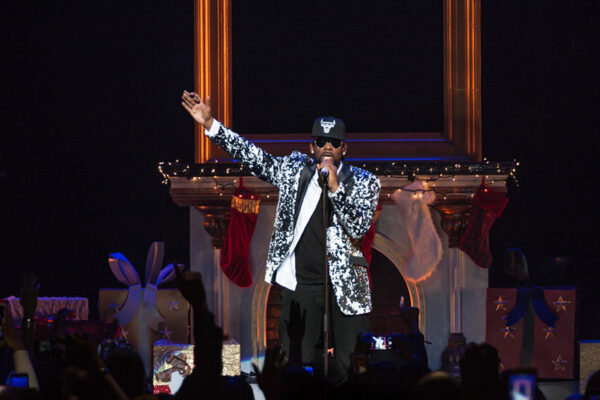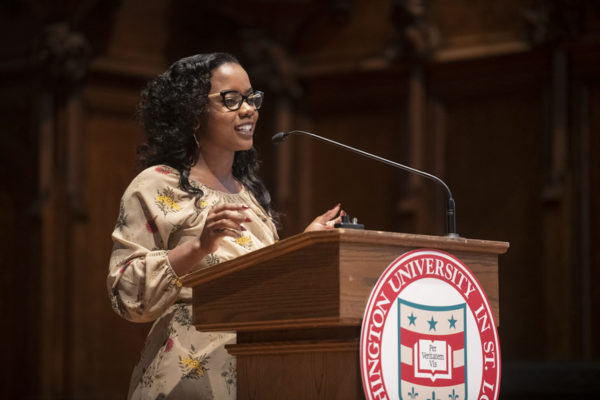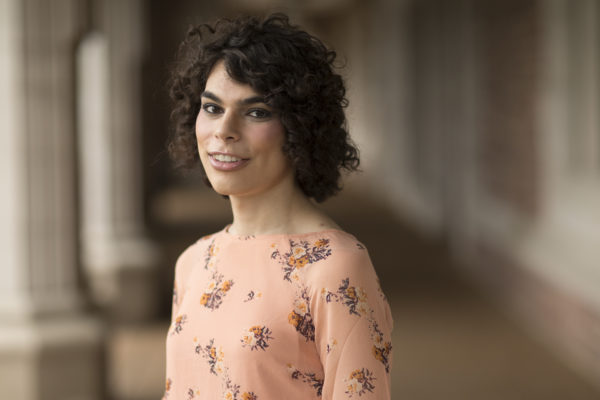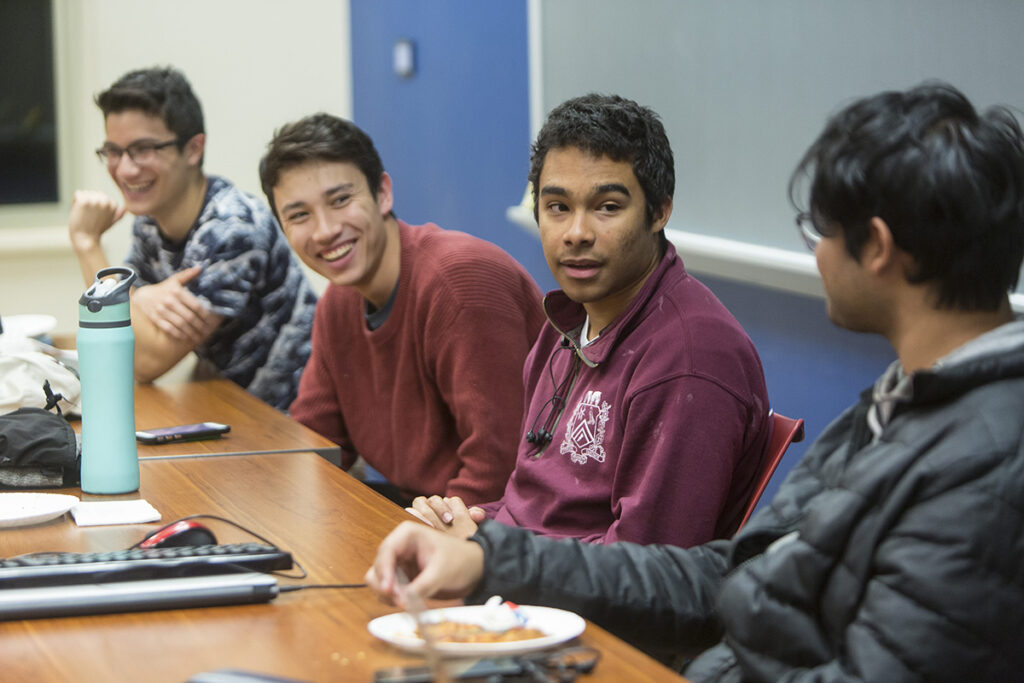
Growing up in New York, Washington University in St. Louis senior Sean Dunnsue was a talented three-sport athlete. Yet he never felt comfortable in the locker room.
“There could be an almost primal vibe — who could be the loudest, who could be the toughest,” Dunnsue recalled. “It made me feel like a misfit because I was unwilling to assert my masculinity in the ways that everyone expected.”
Dunnsue thought about those experiences when weighing whether to rush a fraternity. Dunnsue knew fraternities could be hotbeds of “bro” culture and that members are more likely than nonmembers to commit sexual assault. Yet he also believed that fraternities provide lifelong friendships and can make a positive impact on campus and the community.
“In the end, I pledged Sigma Chi,” Dunnsue said. “But I decided then that if I’m going to reap the benefits of Greek life, I’m going to make it better.”
He has. Dunnsue served as president of junior honorary Thurtene, which stages Thurtene Carnival, and as co-chair on the Fraternity Sorority Life Standards Board, which holds chapters accountable for violating university policies.
And now he leads the Men’s Project, one of a growing number of student groups across the country that is examining concepts of masculinity and helping men define, for themselves, what it means to be a man. First launched in 2013, the program had been dormant until Dunnsue and 2019 alumnus Maverick Salyards revived it last spring. The timing was prescient. Soon after the group re-formed, the Women’s Panhellenic Association released a disturbing survey that found sorority members had been harassed or assaulted by members of every fraternity chapter on campus.
“It forced me to look around and say, ‘Statistically, there are people here who are perpetrators of violence.’ I felt complicit,” said Dunnsue, who is majoring in psychological and brain sciences in Arts & Sciences. “That’s not comfortable to think about, especially in a fraternity where you exist to support one another.”
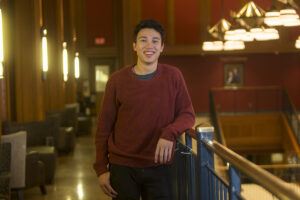
Dunnsue is trying to create a different type of camaraderie in the Men’s Project. On this night, 15 members of the Men’s Project gathered for a pizza dinner in the Danforth University Center and discussed a recent New York Times op-ed by Matt Labash, who wrote that he is tired of “people who aren’t men, or who are ashamed of manhood, constantly telling me how to be one.” One participant agreed he sometimes feels shackled by “the new masculinity” that Labash laments. Another countered that he finally feels free to examine the homophobia he inherited from his father.
“It’s all about having a place where we can break down the stereotypes we see every day in the media, in our families and among our friends,” Dunnsue said afterward. “So many of those expectations of how we are supposed to perform are damaging — they are damaging to women around us and they are damaging to ourselves.”
Dunnsue is describing what is commonly referred to as toxic masculinity. But you won’t hear him use that phrase.
“You need to know your audience,” Dunnsue said. “Terms like ‘toxic masculinity’ can make people shut down and feel defensive. We want to create a space where men can express feelings even if they are considered ‘problematic.’ You’re never going to accomplish change if you attack someone who is trying to be open and honest.”
Kim Webb, director of the Relationship and Sexual Violence Prevention Center, believes the Men′s Project can play a role in reducing sexual assault on campus. According to the most recent Association of American Universities campus climate survey, 27 percent of Washington University female undergraduates and 11.8 percent of male undergraduates report nonconsensual sexual contact. Among the TGQN population, 9.3 percent reported nonconsensual sexual contact. However, given the survey’s small sample size, that figure may not accurately represent rates of assault. Webb says that the Men’s Project has been intentional in its efforts to also discuss male victimization and non-binary victimization.
“The university has committed additional resources for staff, programs and research with culture change being the goal,” Webb said. “That’s why leaders like Sean are so important. He is so relatable and has a lot of social capital among groups who, historically, have been the hardest to reach.”
Still, Dunnsue concedes the members of Men’s Project are, perhaps, the ones who need the Men’s Project the least. But he is heartened by the growth and the diversity of the group.
“I still hear a lot of, ‘I’m not an asshole. Why should I care?,’” Dunnsue said. “I will explain that being assaulted or harassed isn’t something those of us in fraternities usually worry about. We are typically in our own space, and with that comes safety and comfort men have that women don’t. If you change the lens, your perspective can really change.”
